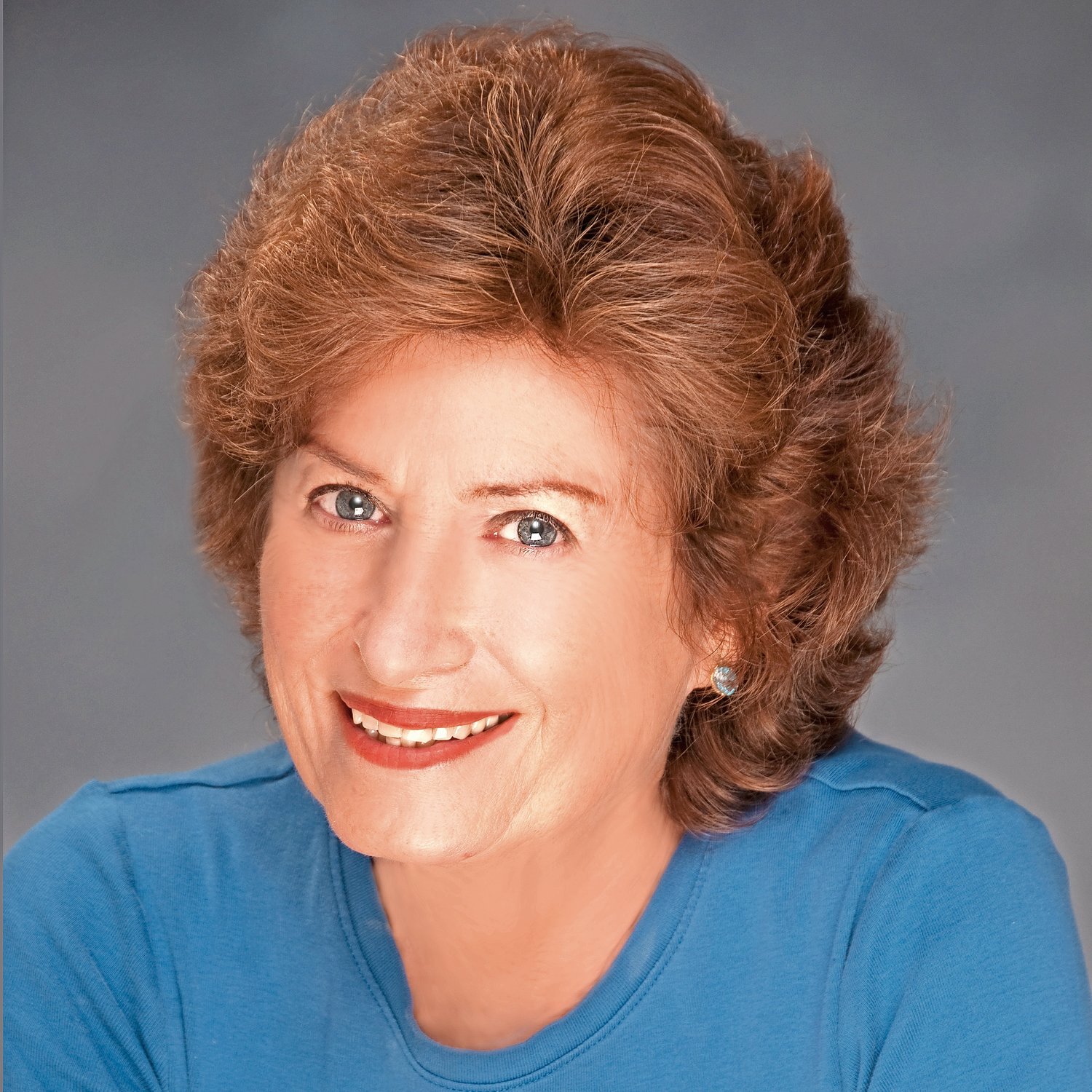1950s sci-fi horror story still burns bright
How did he know?
How did Ray Bradbury know in 1951 that the tiny black and white televisions popping up in everyone’s living room had the potential to alter human experience? How did Bradbury, who died at age 91 in 2012, know that the little screens would lead to big screens that would eventually possess children’s minds in a way books could not? How did he foresee that people would stuff their heads with the cerebral equivalent of cotton candy and abandon intellectual pursuits for lives devoted to video games?
Bradbury was a visionary. He prophesied that many new inventions had the potential to threaten civilized life. What he saw as science “fiction” has come to pass. We are living amid modern advances that have ironically set us back as a people in pursuit of enlightenment and knowledge. We live in an era when the great works of literature are reduced to and diluted into mini-works and summaries, Cliff Notes and comic books.
I urge you and your teenagers to read “Fahrenheit 451,” Bradbury’s 1951 novel that warned the world that it was moving inexorably toward a time of more technology and less humanity, more autocracy, and less freedom of thought. He described a time when fringe groups of fanatics would dominate by using invasive surveillance and harsh laws to squelch any resistance.
He never mentioned QAnon, but he knew it was coming.
“Fahrenheit 451” is a short novel about a future in which firefighters are tasked with burning books and the houses of people who hide them. When a woman stands defiantly in her doorway with her book in hand, they burn her, too. Books are banned because they “confuse” people with their ideas. Much of the population is beaten into acceptance of the new normal, with information and entertainment blaring at them from wall screens all day. No one walks outside. Everyone is suspect.
It is a thriller about one man, Montag, a fireman who experiences a sudden awakening to the horrors he has perpetrated. His wife, a survivor of multiple suicide attempts, is addicted to the virtual world projected from the screens in her house. She and her friends are inured to authentic feeling, even within themselves.
Montag goes on the run, with firemen in pursuit. Eventually he joins up with a rogue band of men — former professors and thinkers, now wanderers in the wilderness, each with large sections of books memorized for posterity.
Bradbury’s hero wears a “sea clam shell” in his ear that presages the AirPod. Montag stops on the street to get money from a machine that didn’t exist in the 1950s. Overhead, supersonic aircraft drop bombs on cities. They are unmanned drones, much like the ones our government is using to assassinate terrorists thousands of miles away.
He explores the risks of free thinking in a time of crushing conformity. In the world of “Fahrenheit 451” there is no privacy, no awareness of nature, simply the elevation of technology and the diminution of humanity.
Why does Montag go rogue? What makes him realize that freedom of thought is worth dying for? His last job with the firemen is to burn down the house of a woman who is hiding books. When they arrive with their trucks and flame-throwers, she is standing in the doorway with a book in her hand, and she strikes the first match, killing herself as the house explodes around her.
People will die for their books, Montag realizes.
It’s something to think about when we read headlines every day about book bans and censorship of treasured literature. It’s something to act on when we see children who watch but don’t read in a time in America when only 25 percent of the population reads a book a year.
Bradbury knew we need books to tell the story of ourselves and pass that story on to future generations.
Copyright 2022 Randi Kreiss. Randi can be reached at randik3@aol.com.

 44.0°,
Mostly Cloudy
44.0°,
Mostly Cloudy 




